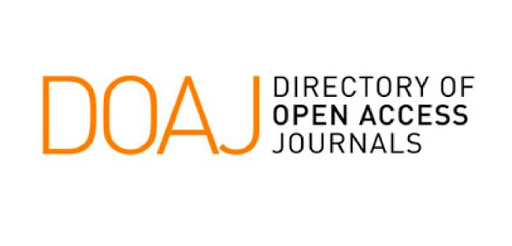Paper ID : SMJ0703235703560 | View : 51

Abstract : Postnatal depression is the commonest postpartum mood disorders, and is associated with significant morbidities and mortalities. The prevalence varies with geographical regions, but observed to be highest during the early weeks after childbirth. Studies have observed the negative effect of postnatal depression on postpartum bonding. The aim of the study is to determine the prevalence of postnatal depression among Malay women in Kota Bharu and its associated factors as well as to investigate the relationship between postnatal depression and postpartum bonding. A cross-sectional study was conducted among 276 mothers attending their first postnatal check-up at 6 health clinics in Kota Bharu. Participants were given questionnaires of sociodemographic profile, the Malay version Edinburgh Postnatal Depression Scale (EPDS) and the Malay version of Postpartum Bonding Questionnaire (PBQ). Data was analysed using correlation and multiple regression analysis. The prevalence of postnatal depression is 5.1 percent. The study also found positive correlation between postnatal depression and postpartum bonding (r=0.364, p-value<0.001). Multiple regression analysis showed that mode of delivery (Caesarean section) and perceived stress as predictors for postnatal depression. This study confirmed the result of previous studies on the inverse relationship between postnatal depression and postpartum bonding. Realizing how detrimental the effect of impaired bonding can be, mothers with the risks o










